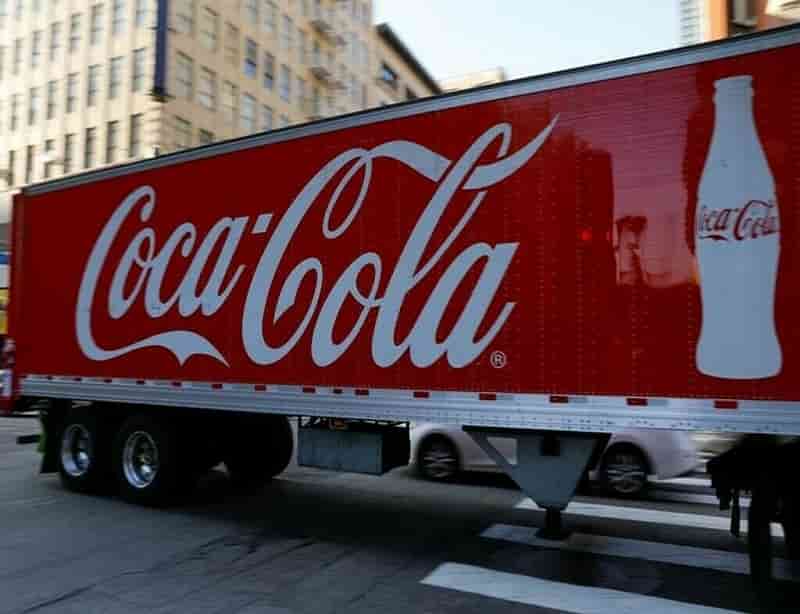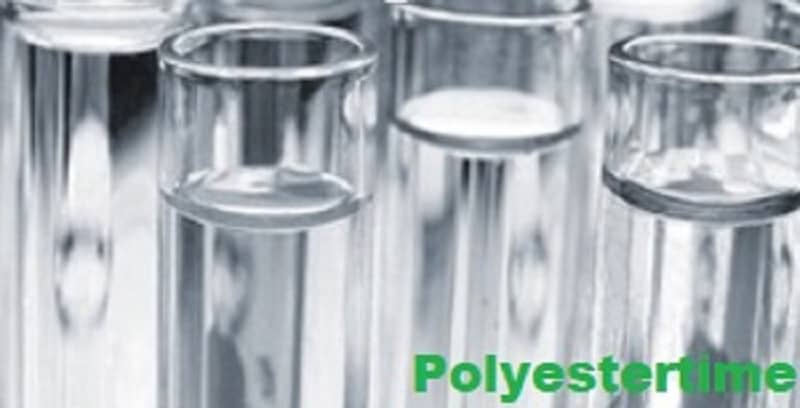rPET Technology
r-PET Bottle – Coca-Cola’s Investment in Recycled PET in Chile
More…
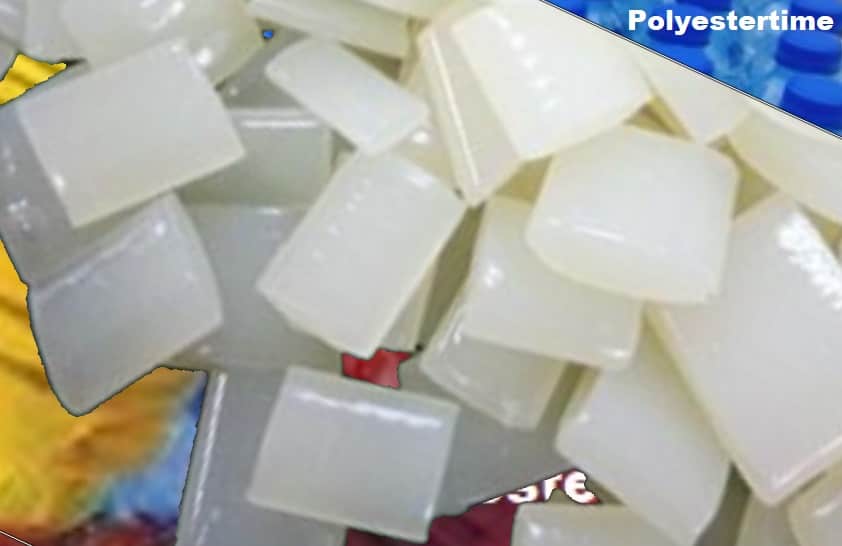
Berry Global is enhancing plastic recycling efforts in the UK by investing in its Derbyshire recycling complex, which processes flexible plastic waste, including retail packaging like carrier bags and film wrapping
Currently, these plastics are collected through supermarket front-of-store bins, but the volume is expected to grow by March 2027 when mandatory kerbside collection begins in England.
The upgraded facility will recycle household and industrial waste to produce high-quality recyclate for products like refuse sacks and shrink films. The plant also focuses on water conservation, reusing water throughout the recycling process.
Berry’s site holds RecyClass certification, ensuring traceability and third-party accreditation for Zero Waste to Landfill. rPET Technology
This investment comes amid concerns about supermarket collection schemes, with research showing that around 70% of soft plastics are incinerated rather than recycled. Mike Baxter, Berry’s external affairs director, emphasized their commitment to improving soft plastic recycling, turning it into valuable second-life products. The facility’s wash plant has been upgraded to handle lower-quality plastics.
Berry also recently introduced recyclable packaging solutions, including a fully recyclable HDPE bottle made with up to 100% recycled plastic, and a customizable bottle option with low minimum orders, catering to personal care, home care, and healthcare industries.
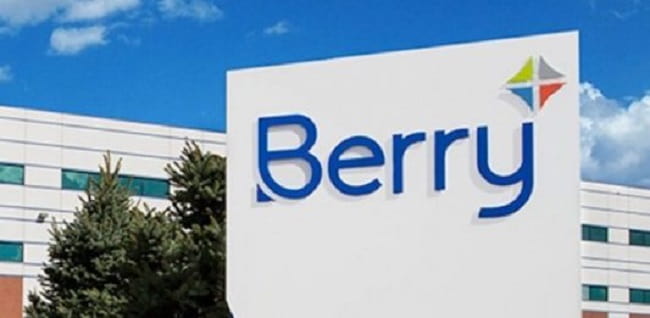
How rPET is changing the textile industry
Recycled polyester (rPET) is having a significant impact on the textile industry in several ways:
Reduction of plastic waste: rPET is produced using post-consumer plastic waste, such as plastic bottles and discarded fabrics. This helps reduce the amount of plastic that ends up in landfills and the oceans.
Lower environmental impact: Producing rPET requires less energy and resources than virgin polyester. This results in fewer greenhouse gas emissions and less water consumption. rPET Technology
Innovation in manufacturing processes: Companies are developing new technologies to improve the recycling efficiency and quality of rPET. For example, some advanced processes produce rPET fibers that are nearly indistinguishable from virgin polyester.
Adoption by fashion brands: Many fashion brands are adopting rPET for their collections, promoting sustainability and responding to the growing consumer demand for eco-friendly products. This is leading to a greater awareness and acceptance of rPET in the market.
Circular Economy: The use of rPET is a step towards a circular economy, where materials are continuously reused and recycled, reducing the need for new raw materials and minimizing waste. rPET Technology
These changes are helping to make the textile industry more sustainable and environmentally responsible.

Next Wave and Lummus Achieve Breakthrough with World’s First Renewable Alkylate
Lummus Technology and Next Wave Energy Partners have successfully produced the world’s first renewable alkylate, marking a major innovation in clean fuel technology. This bio-based alkylate, derived from ethanol, is created using Lummus’ advanced technologies and boasts a significantly lower carbon intensity compared to traditional gasoline.
“This accomplishment highlights Lummus’ ongoing leadership in developing groundbreaking, eco-friendly chemical processes,” said Leon de Bruyn, CEO of Lummus Technology. The renewable alkylate is 30% less carbon-intensive, providing a cleaner, drop-in fuel blending solution for the industry. rPET Technology
Michael Bloesch, CEO of Next Wave, emphasized the significance of this achievement for Project Lightning, which enables large-scale conversion of ethanol into renewable alkylate, sustainable aviation fuel (SAF), and carbon-negative, polymer-grade ethylene. This flexible production process boosts the capabilities of Next Wave’s existing facilities.
The renewable alkylate was produced by converting green ethylene, derived from ethanol using EtE EverGreen™ technology, at Lummus’ research center in Pasadena, Texas. Following extensive emissions testing, Next Wave is also submitting the fuel for U.S. Environmental Protection Agency (EPA) registration, aiming for gasoline with up to 79% renewable alkylate content. rPET Technology
This collaboration signals a significant step towards cleaner, more sustainable fuel solutions for the future.
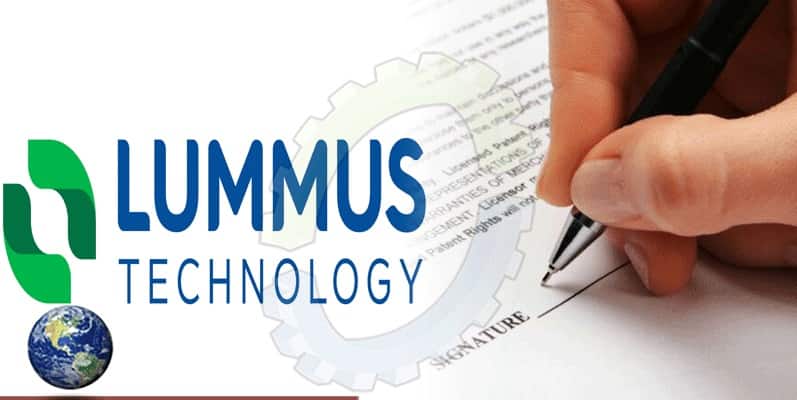
NPP leverages TOMRA’s deep learning technology to enhance the purification process of rPET production
Nord Pal Plast (NPP), a France-based subsidiary of the European group Dentis that specializes in producing recycled PET flakes derived from post-consumer plastic bottles, was the first to test TOMRA’s PET Cleaner application. Thanks to the AUTOSORT™ with GAINnext™ deep learning technology, NPP is able to separate clear and light blue transparent bottles from hard-to-detect white opaque bottles to create a clean PET bottle stream. rPET Technology
Under the Circular Economy Law, France has set an ambitious target of recycling 100% of plastics by 2025. To achieve this, consumers nationwide received instructions to sort household packaging waste into separate paper/carton, metal, and plastic bins. To meet the demands of these regulatory changes and increase the volume of recycled plastic content available to the market, NPP initiated a project with TOMRA’s Recycling division in 2022. echnology
More…

RadiciGroup, Acerbis and Genny Factory SA team up to revolutionize sustainable mobility with an innovative self-balancing vehicle
Cutting-edge design, advanced technology and a strong commitment to sustainability: Genny Zero makes micromobility electric and inclusive.
RadiciGroup, Acerbis and Genny Factory SA have proudly announced their collaboration on the creation of a self-balancing personal transporter, a two-wheeled electric vehicle designed to redefine mobility standards from the medical sector to urban micromobility. Thanks to the teamwork among the three companies, this new vehicle combines aesthetics, functionality and accessibility to meet the growing demand for innovative sustainable mobility solutions.
For years, Genny Factory SA has been committed to improving the quality of life of people with reduced mobility. With this new product, Genny Zero, the company aims to launch a new era of electric mobility by offering an innovative, inclusive and sustainable solution.
“Currently, over 20 million wheelchairs are produced worldwide every year,” Paolo Badano, CEO of Genny Factory SA, pointed out. “By introducing Genny Zero, we intend to revolutionize this market with a product that merges cutting-edge design and pioneering technology, thus redefining the standards of the sector. Inspired by the concept of a self-balancing mobility vehicle driven standing up, we created a product that surpasses conventional limits, making the technology accessible to people with reduced mobility. We recently presented Genny Zero at the 2024 Olympic and Paralympic Games in Paris, where it stirred up the enthusiasm and curiosity of a vast and diverse public. The product is a state-of-the-art solution for increasingly more sustainable urban mobility.”
Genny Factory SA, headquartered in Ticino, Switzerland, chose to use an all-Italian supply chain and worked together with RadiciGroup and Acerbis on fine-tuning numerous structural and aesthetic parts of the vehicle.
More…

Plastic pyrolysis – Repolywise unveils technology to break down plastic waste at atomic level 05-10-2024
rPET Technology

